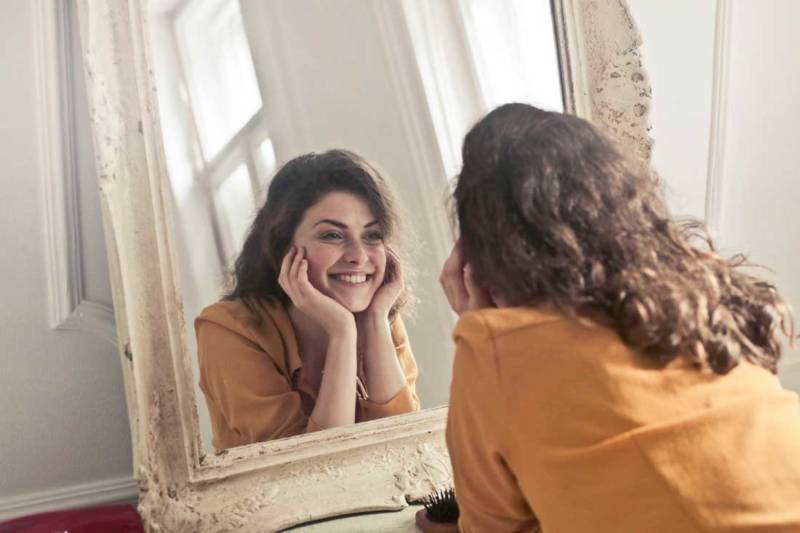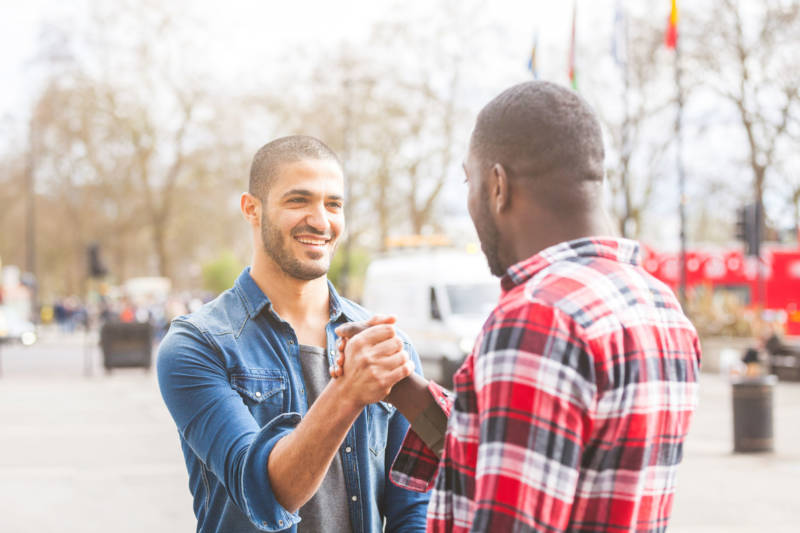In order to understand self-control, consider and understand how your self-control was developed. In this post, you will learn about the psychology behind self-control. This will help you understand the why behind the way you handle your feelings and emotions.

Let’s look at these topics related to the psychology of self-control:
- The Human Computer
- The Cognitive vs. the Emotional Brain
- Locus of Control
- Choice Theory

The Human Computer
Let’s start by looking at where feelings and emotions are developed and stored in the brain. The brain is located in the head just above the spinal cord. The brainstem is the lower part of the brain. All sensory and motor pathways pass through the brainstem on their way to the higher centers of the brain. The thalamus receives input from the senses (with the exception of smell), and then sends that information to other parts of the brain. Near the thalamus is another important area of the brain called the amygdala. This is the part of the brain that activates emotions. The last part of the brain is called the visual cortex. The visual cortex is the structure of the brain that processes the visual information received from the thalamus. All of these parts of the brain work together and influence your self-control.

The Cognitive vs. the Emotional Brain
The cognitive brain (dealing with information) and emotional brain (dealing with feelings) provide a steady flow of information. When a life threatening situation occurs, the emotional brain takes over. The more intense the feeling, the more dominant the emotional brain becomes and the less dominant the cognitive brain becomes. When someone experiences a feeling such as anger, a battle between the cognitive and emotional brain begins. In most instances, the cognitive brain works in harmony with the emotional brain. If the feeling becomes too strong, the emotional brain wins out and tells the brain to act according to emotional feedback programmed into the brain from past experiences.

Locus of Control
Researcher Julian Rotter concluded that people’s thoughts are just as important as what actually happens. Rotter used the term “locus of control” to refer to people’s beliefs about their own self-control. People with an internal locus of control or “internals” believe that they are responsible for what happens to them. People with an external locus of control or “externals” believe that they have no control over what happens to them. Externals view themselves as victims of fate or of other outside forces beyond their control. Rotter’s research shows that locus of control can change during one’s lifetime.

Choice Theory
William Glasser, in his book Choice Theory, A New Psychology of Personal Freedom, describes choice theory. In choice theory, procrastination, blame and victim thinking are not possible. Choice theory teaches that you are more in control of your life than you realize. When something goes wrong, you choose to feel upset about the situation. In other words, you have control over your own personal suffering and misery. Choice theory looks at all people as having the potential to be happy; however, the reality is quite different. People who have no close relationships usually feel bad about themselves and are very lonely.
Thanks for tuning into our post in this series on Anxiety Management and Self-Control. If you’d like to learn more about how our Anxiety Management Program works, download our PDF brochure here.
